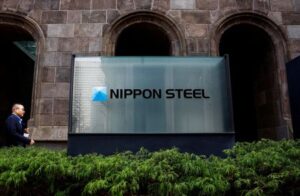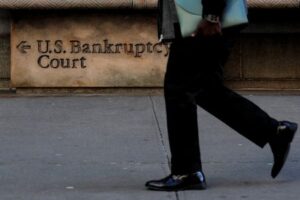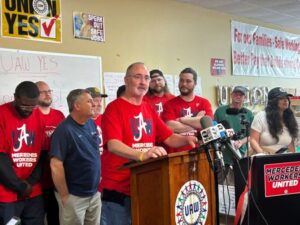An upgrade at RBC Capital Markets and a filing with the SEC for a 3-for-1 stock split isn’t enough to prevent Tesla (TSLA) shares from diving lower amid a steep decline in the broader market. Today’s weakness isn’t a new phenomenon. After hitting record highs last November, TSLA has gone into reverse, shedding about 45% of its value. The electric vehicle (EV) maker has been swept up in a nasty stock market sell-off, driven by intensifying growth concerns as the Federal Reserve attempts to rein in inflation by raising interest rates. Elon Musk’s on-again, off-again acquisition of Twitter (TWTR), and lost production at TSLA’s Shanghai facility due to COVID-related lockdowns, have added to the stock’s troubles.
Despite these issues, RBC lifted its TSLA rating to Outperform, noting that low Q2 automotive gross margin expectations could facilitate an earnings beat. Similarly, UBS upgraded the stock to Buy from Hold last week as the firm believes that automotive gross margin could structurally exceed 30%. Both RBC and UBS highlighted TSLA’s pricing power as a key factor underpinning their bullish view on margins. This stance is understandable since demand for EVs remains red-hot, even in the face of mounting macroeconomic pressures. On June 9, China-based EV maker, NIO (NIO), reported that Q1 deliveries increased by a healthy 28.5%, offering the latest positive data point for EV demand.
However, we do have a couple concerns that TSLA can maintain its recent impressive performance, including the 636 bps yr/yr surge in auto gross margin last quarter.
First, unless China significantly loosens its zero-COVID policy, it seems likely that TSLA will contend with additional plant closures in the future. Relatedly, supply chains in Asia that were already battered from the pandemic are buckling under the weight of recent lockdowns, inevitably leading to rising raw materials and component costs.
Second, demand will need to remain at these strong levels for TSLA to effectively push through more price increases. Even Elon Musk must be questioning whether demand will hold up after declaring that he has a “super bad” feeling about the economy. Not coincidentally, TSLA just cancelled three live-stream hiring events that were scheduled in China for later this month.
With investors’ angst about the economy and stock market hitting a new gear, news of TSLA’s stock split isn’t having the desired effect today. The impetus for TSLA’s split is to make its stock more attractive/attainable to a wider base of investors, just like what Amazon (AMZN) and Google (GOOG) tried to achieve with their recent 20-for-1 stock splits. What a stock split doesn’t achieve, though, is a positive change in a company’s fundamentals. Accordingly, AMZN and GOOG are down by more than 20% since announcing their stock split plans.
The main takeaway is that economic and earnings growth concerns are the engine that’s driving the market right now, overriding almost every other factor. In a different market, TSLA would likely be surging higher on the upgrade and stock split news.





